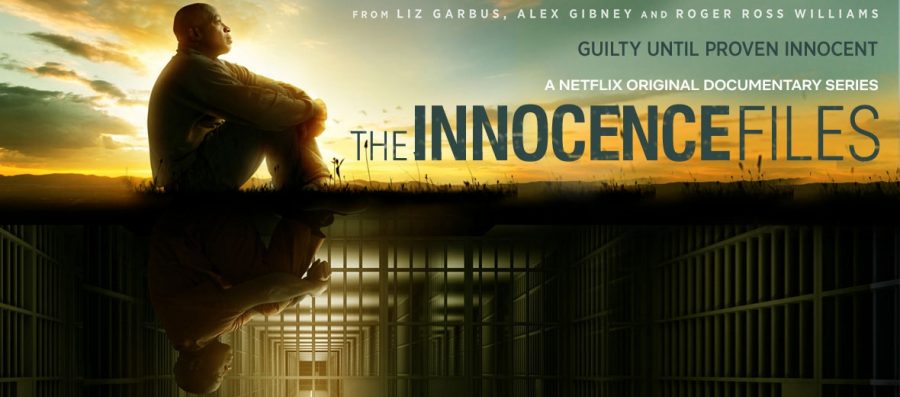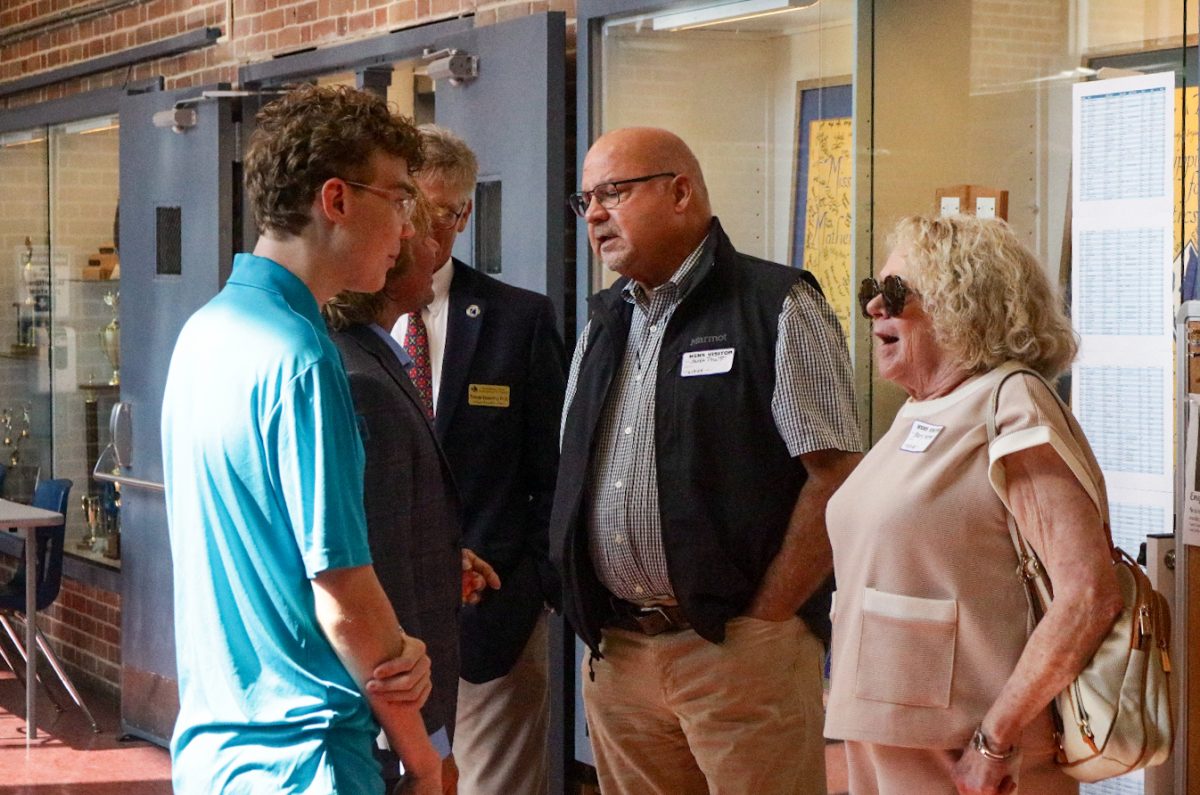‘The Innocence Files’ reveals truth in Mississippi to the nation
“The Innocence Files” is a true crime documentary about eight wrongful convictions.
May 7, 2020
In the aftermath of “Tiger King’s” roaring success, Netflix has released their newest documentary, “The Innocence Files.” This new show returns to Netflix’s true crime documentary roots with a deep dive into the work done by The Innocence Project. While it covers cases across the U.S., “The Innocence Files” hits close to home as it exposes the Mississippi justice system to the rest of the country.
The Innocence Project is a nonprofit organization in New York that seeks to overturn false convictions and save the lives of those put in jail for crimes they did not commit. Netflix has covered this organization before, showing parts of its impact in last year’s documentary “The Innocent Man,” which was based on a true story and novel written by Mississippi native John Grisham. In “The Innocence Files,” however, The Innocence Project is the main focus as the story deep dives into cases they have taken.
The documentary has nine episodes and is split into three sections with three episodes each. Each section covers one of the main problems with the criminal justice system. The first three cover the misuse of forensic science with a focus on bite mark analysis, the next three cover false eyewitness testimonies, and the last three cover prosecutorial misconduct.
While the documentary expands some to show other cases affected by each issue, it mainly shows the biggest cases that The Innocent Project has had with that particular problem. For false eyewitness testimonies it shows Thomas Haynesworth, who spent 27 years in prison for sexual assault before being proven innocent by DNA evidence, and Franky Carrillo, who spent 22 years in prison for a drive-by shooting. Chester Hollman, who was arrested for murder due to prosecutors withholding evidence, was provided as the example for prosecutorial misconduct.
What makes this documentary hit home, however, is the focus of the first three episodes. The scene is set in Noxubee County, Mississippi where not one, but two innocent black men were convicted for the rape of young girls based on bite-mark evidence. These cases were some of the first to alert The Innocence Project to the issue of misused forensic evidence, and since then the cases have only grown, now covering half of all the cases that The Innocence Project receives. Dr. Michael West, the “forensic odontologist” who testified for the bite-marks in both cases and in many other cases which have been thrown out since is the first sign of the truth behind these particular cases as a scene flashes his Confederate flag shot glasses.
Levon Brooks’ and Kennedy Brewer’s cases are bigger than just faulty bite-mark evidence though. They are a look into the reality that Mississippi faces every time someone of color steps foot into a courtroom. Per every 100,000 people in each ethnic group in Mississippi there are 600 white people, 1,031 native people, 1,788 black people and 4,869 Hispanic people incarcerated. Blacks and Latinos are notoriously overrepresented while whites are underrepresented. This is saying a lot considering that despite Mississippi’s population, it has the third highest imprisonment rate in the country, and since 1990 the incarceration rate has grown 238 percent.
Looking at Brooks’ and Brewer’s cases is horrifying to the rest of the nation as the push from police to have them quickly convicted is evident, the truth though is even worse. The truth is that in more than half of the people sharing the same abysmal cells as these two men have not even been convicted of a crime and 1 in 7 black people in Mississippi have a felony conviction in their records. The show can only hint at these horrors that are life to so many Mississippians.
While The Innocent Project has saved many with their dive into what is wrong with the criminal justice system it misses the mark on what the biggest issue is. While they reveal that half of their cases deal with misused forensic evidence, we are left to wonder how many are because of racial targeting. These faulty convictions are not going to truly change until society does. They can fix the system as much as they want, but unfortunately they cannot fix the men behind it.









